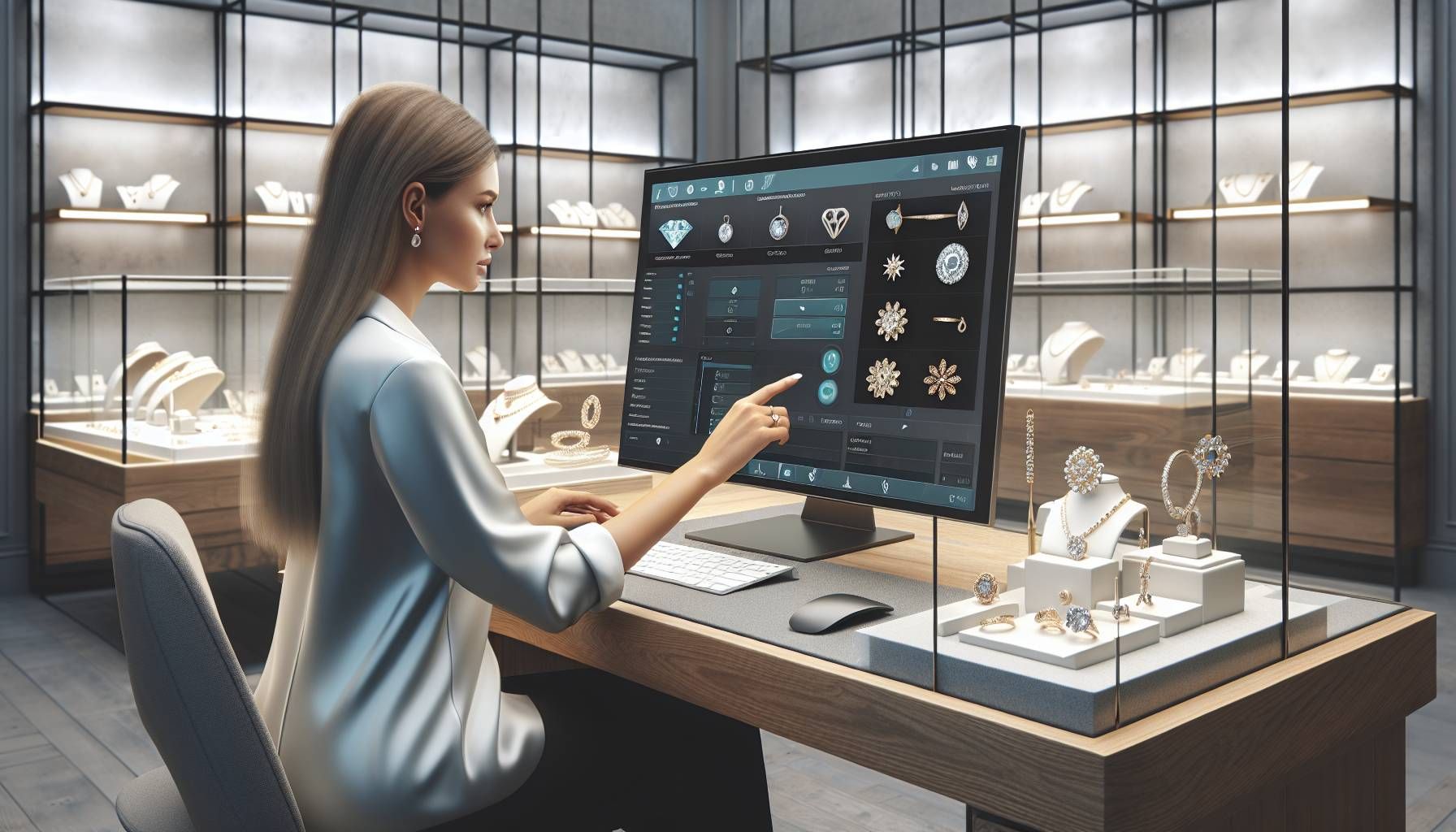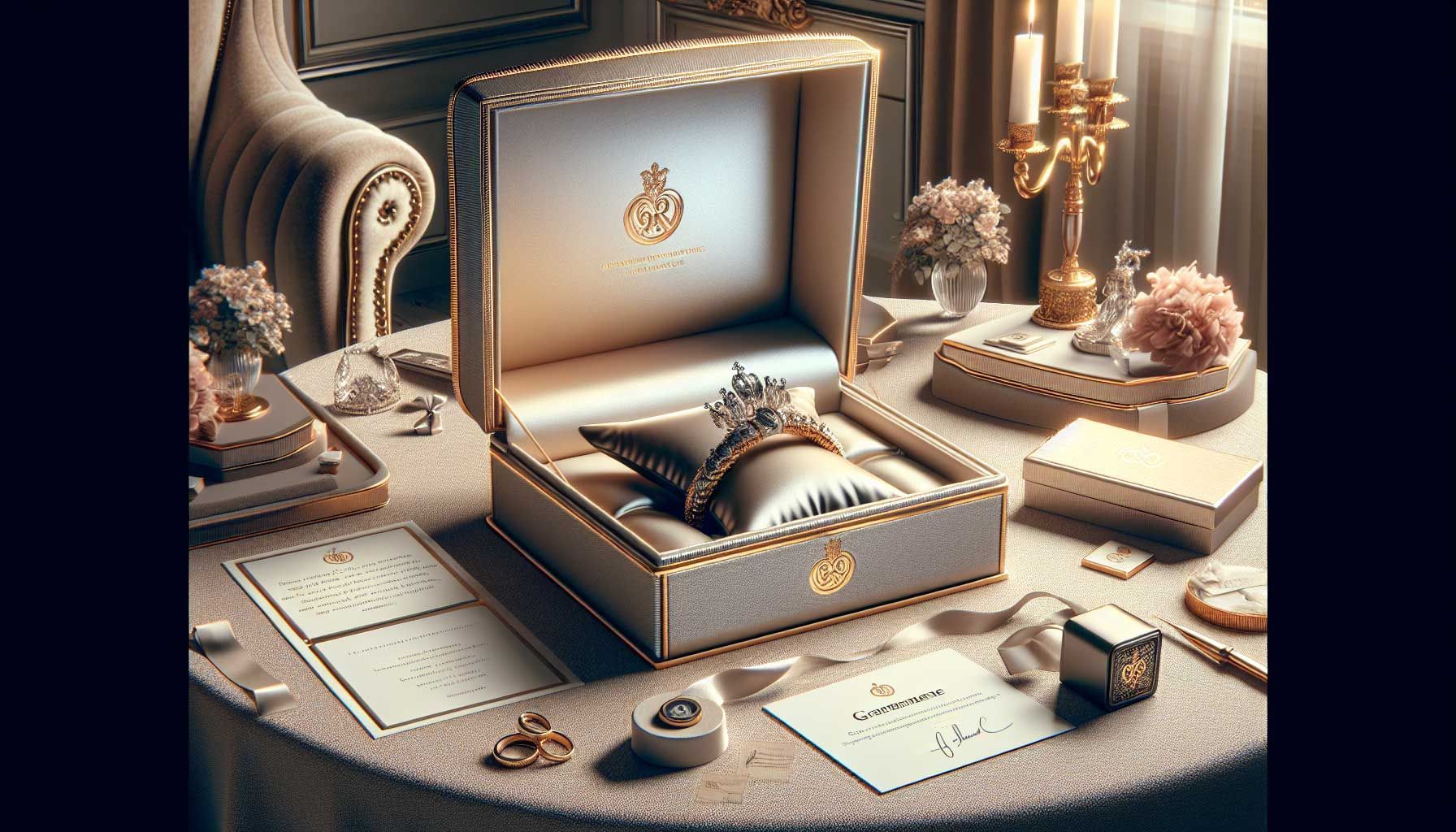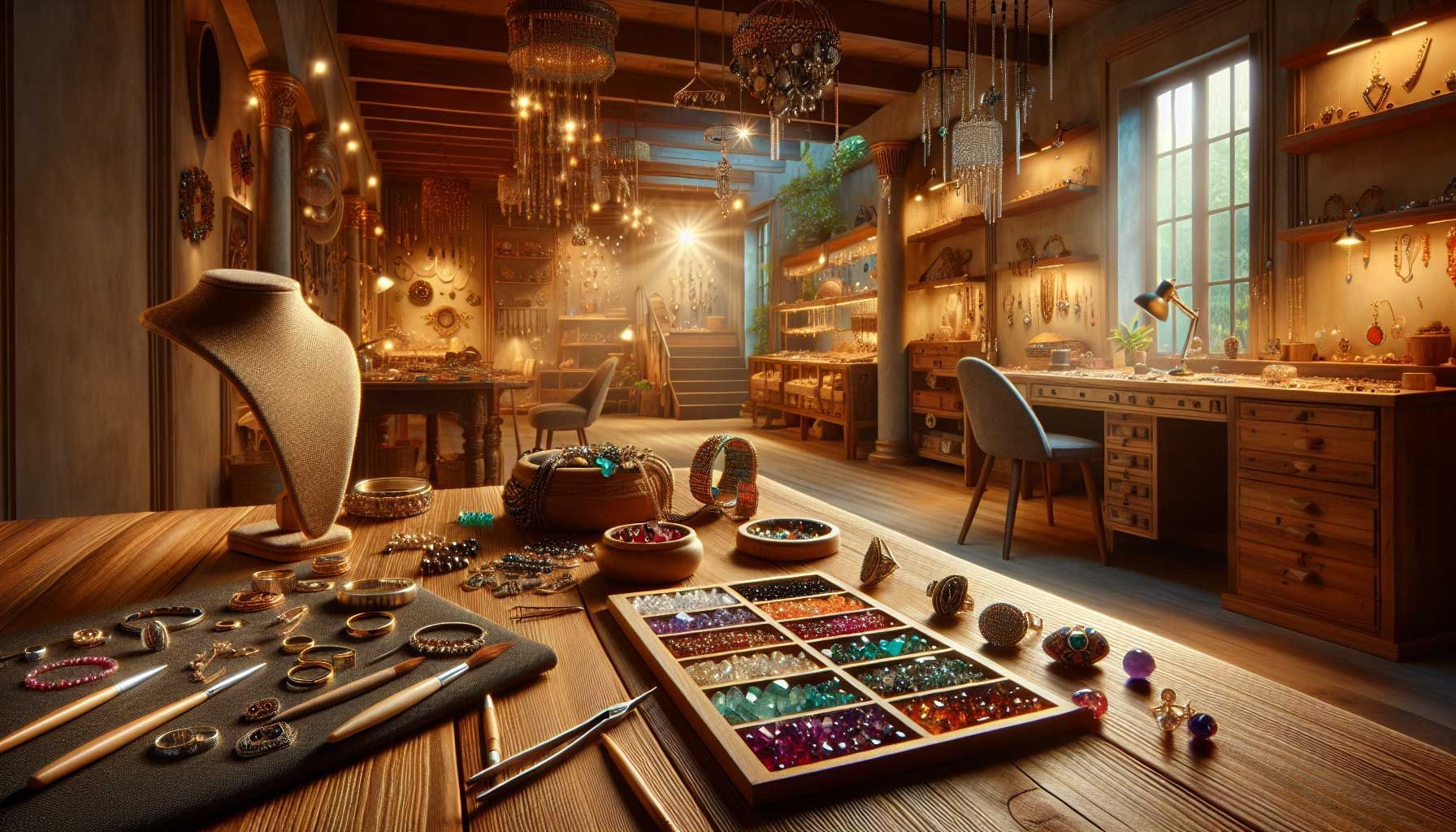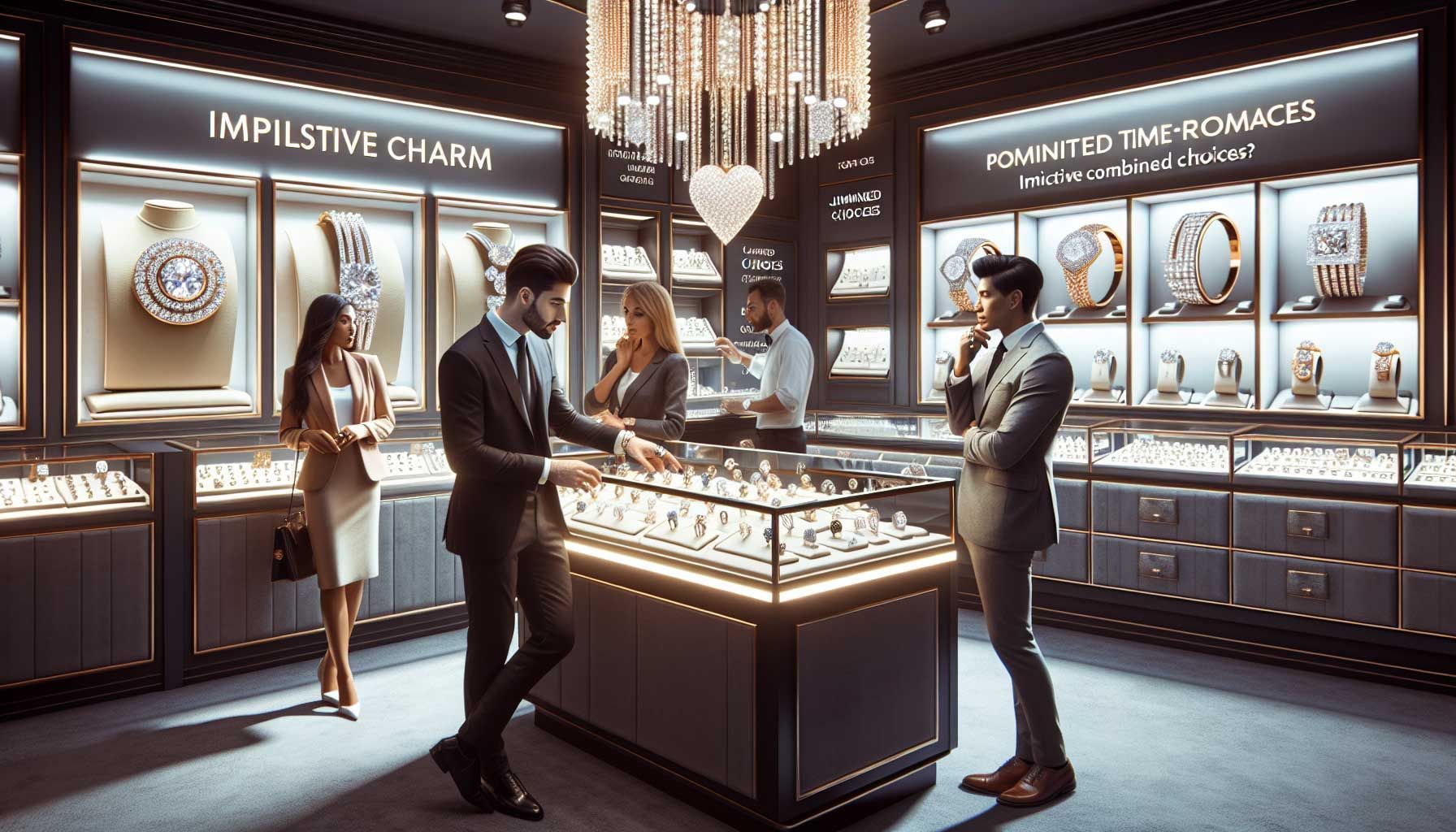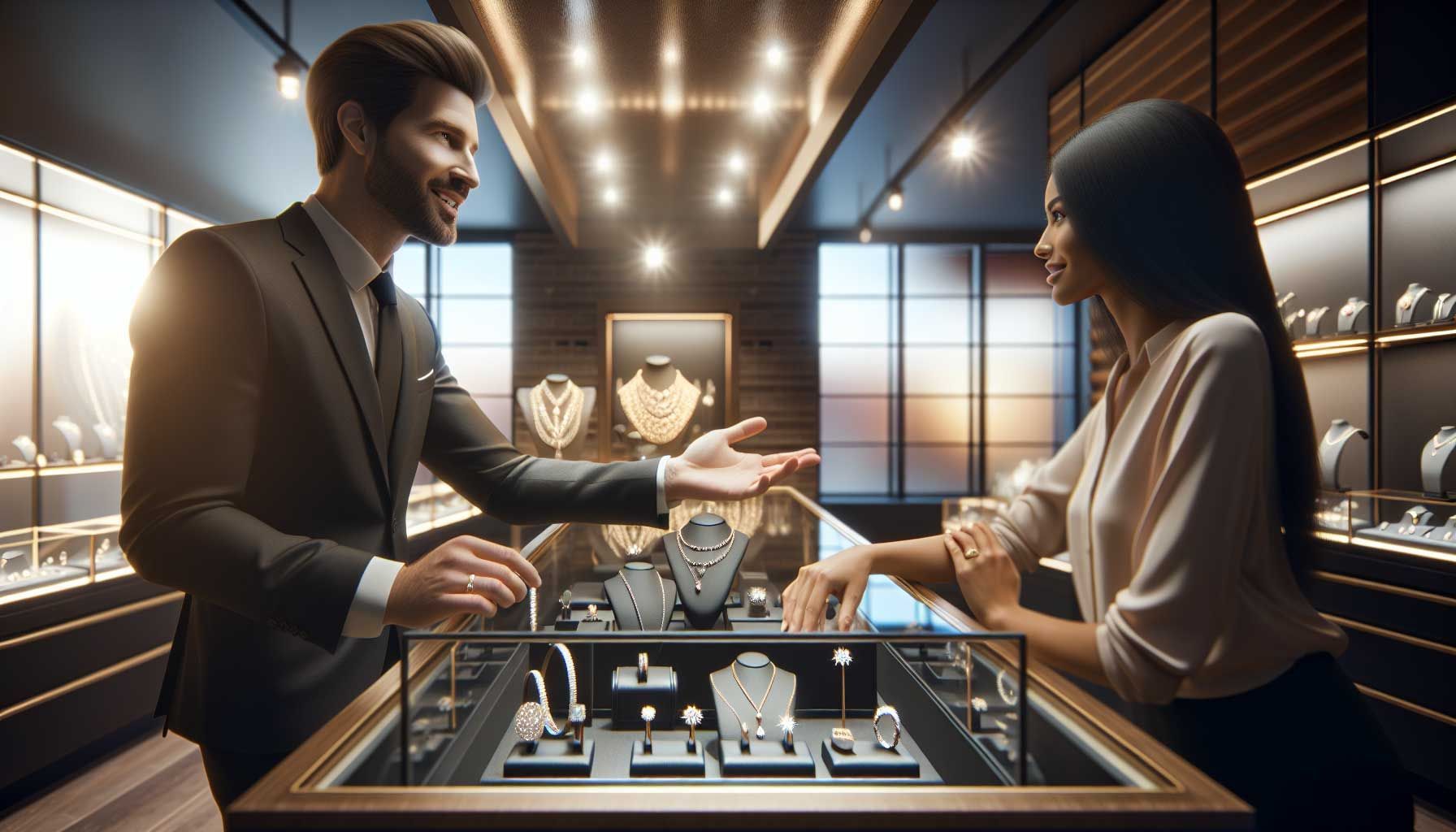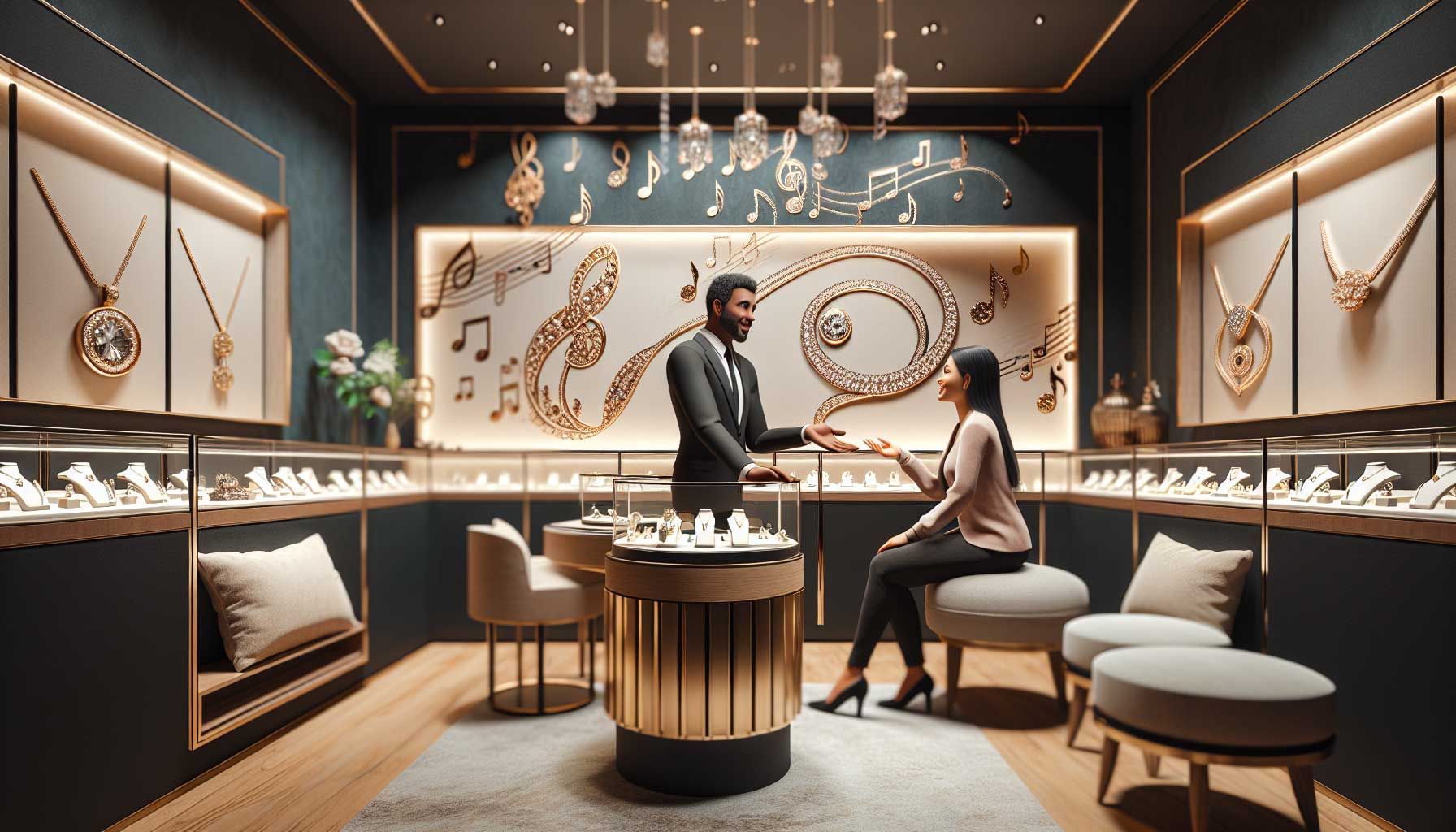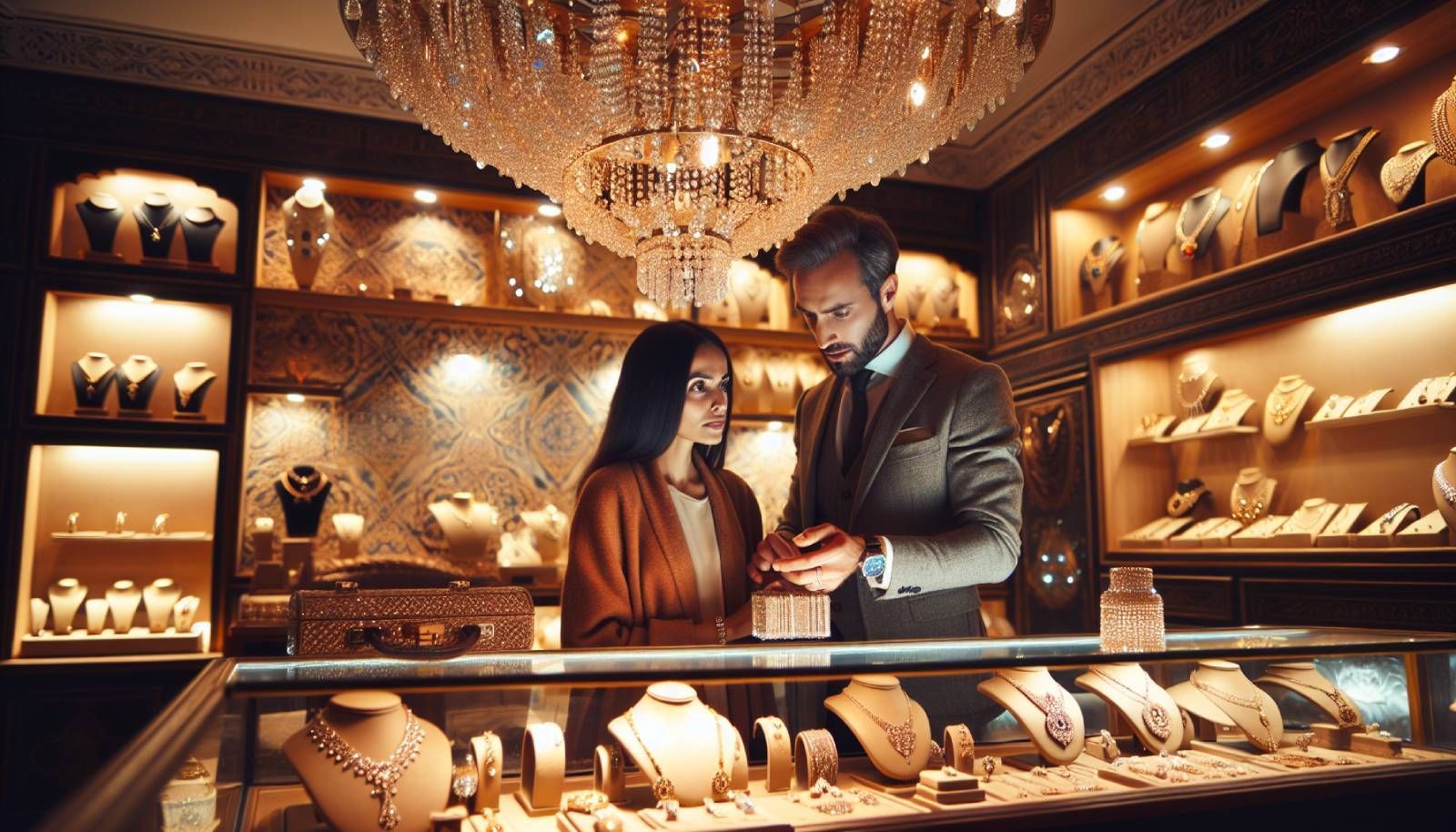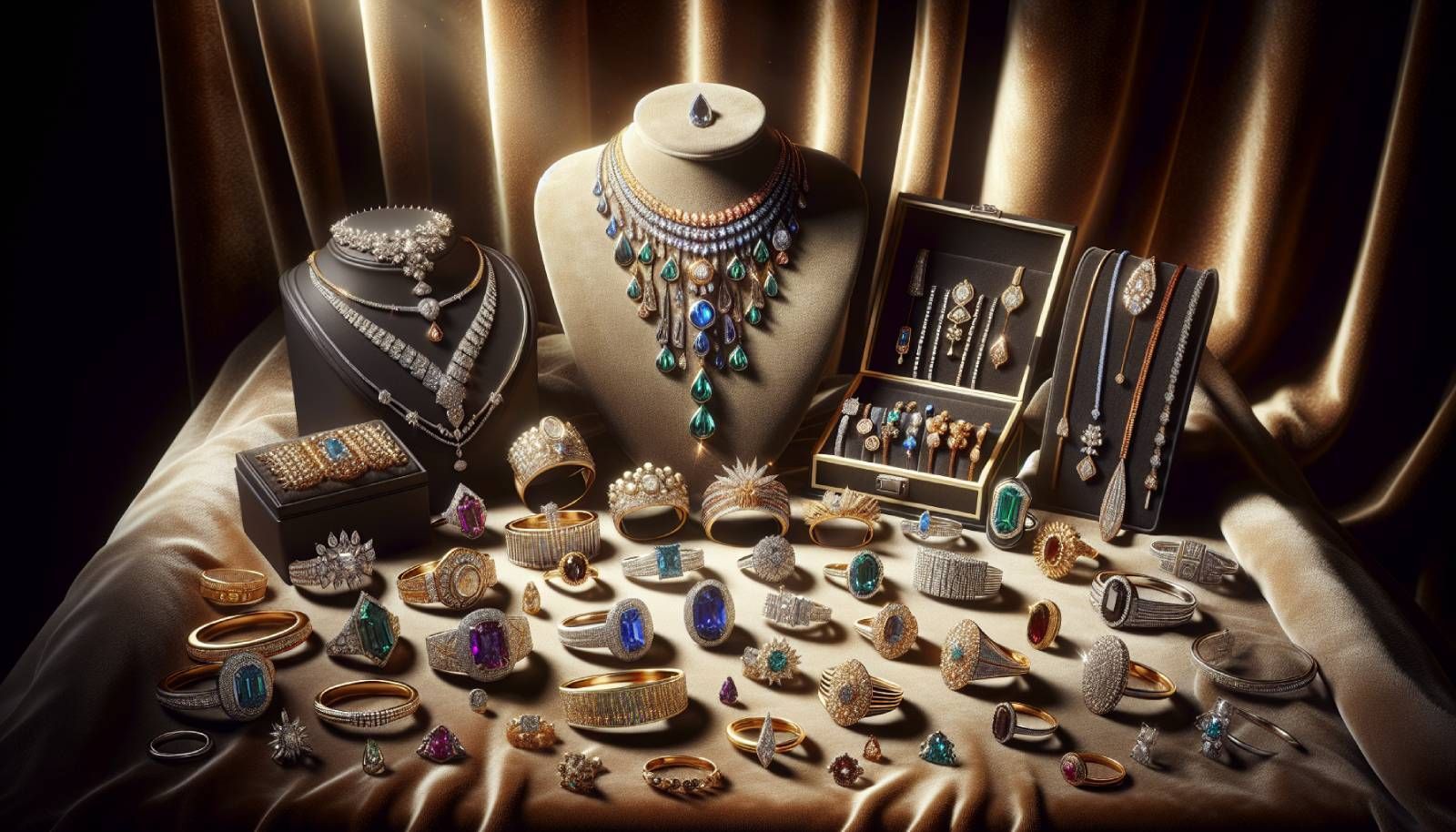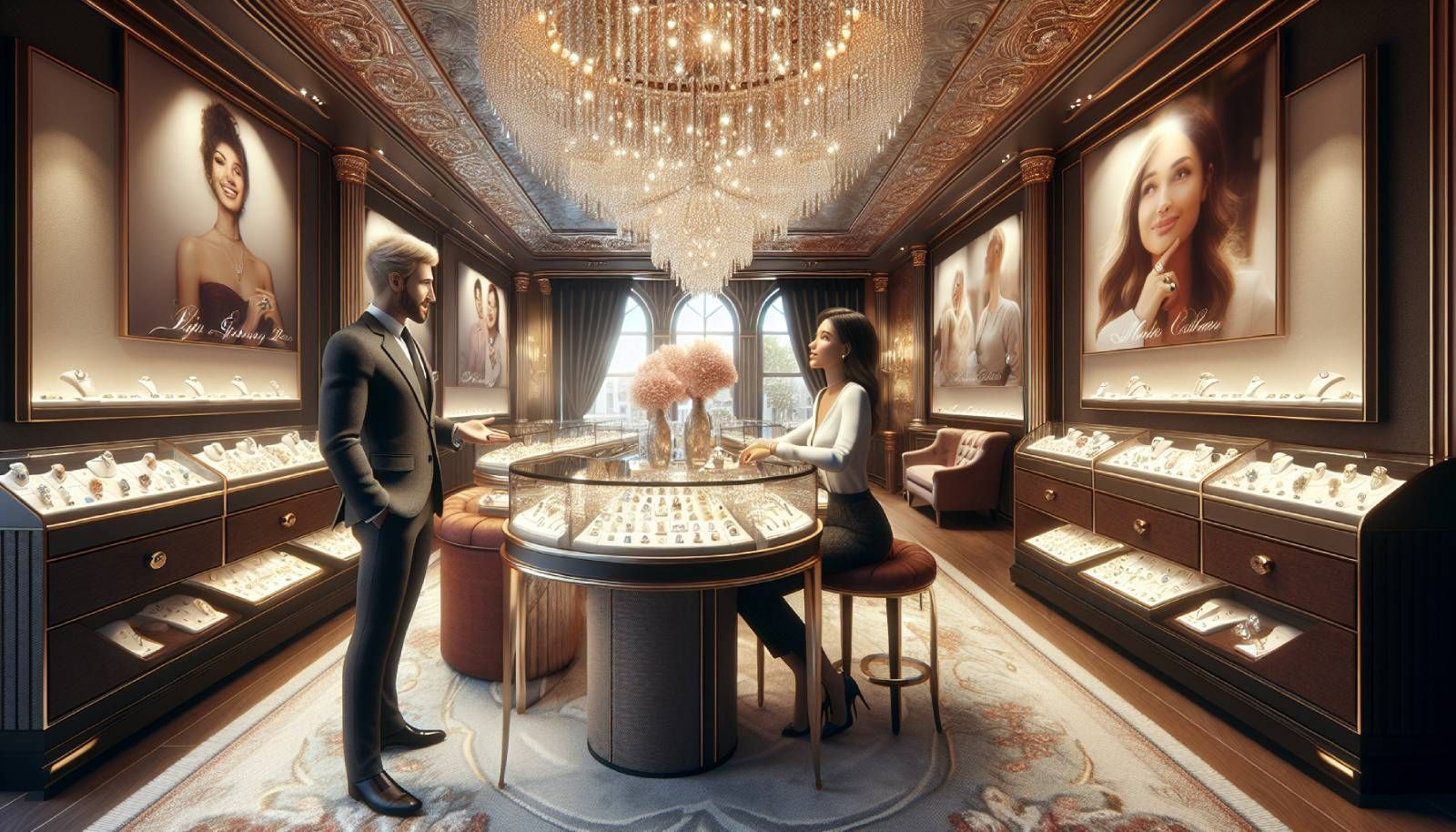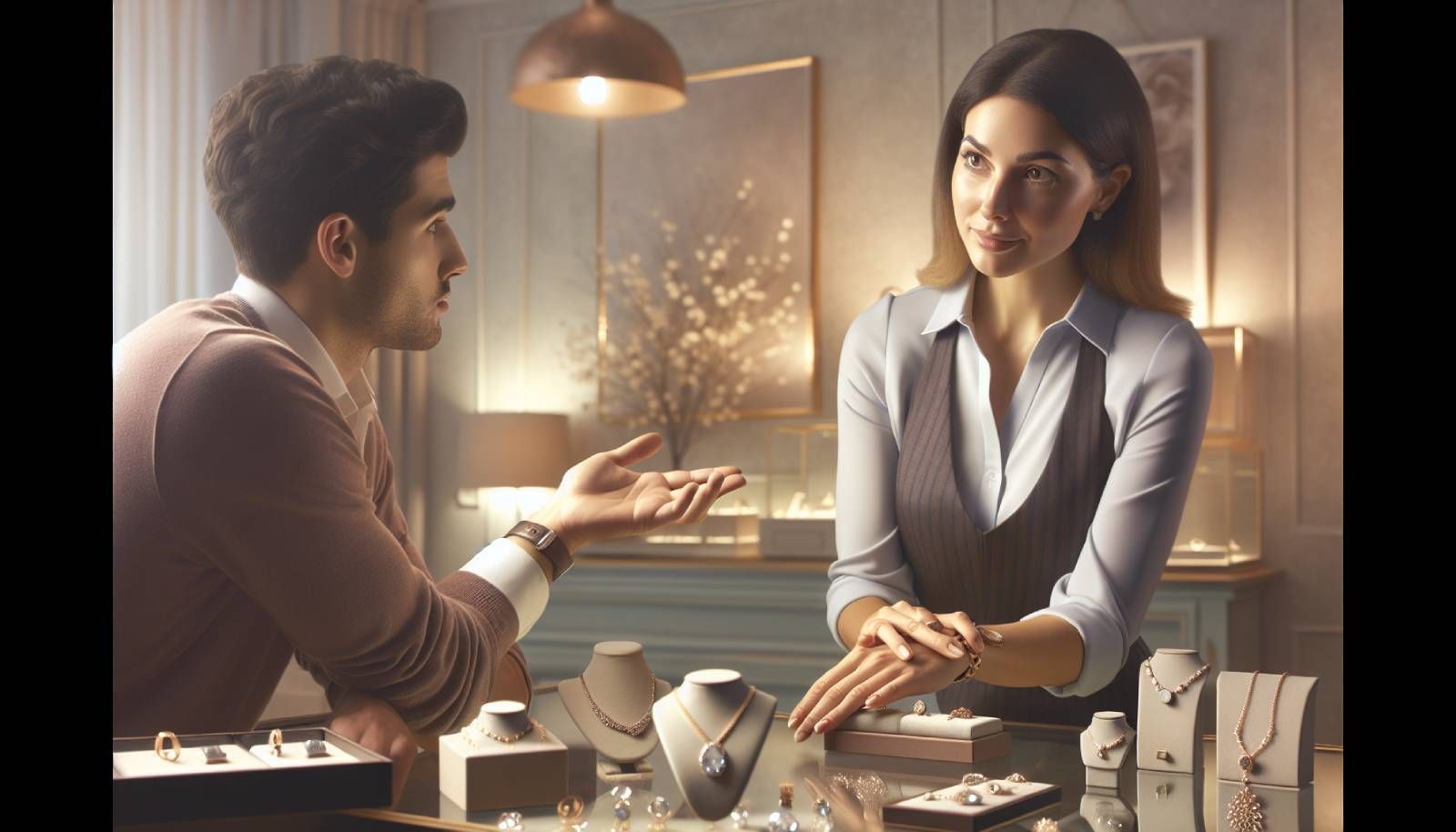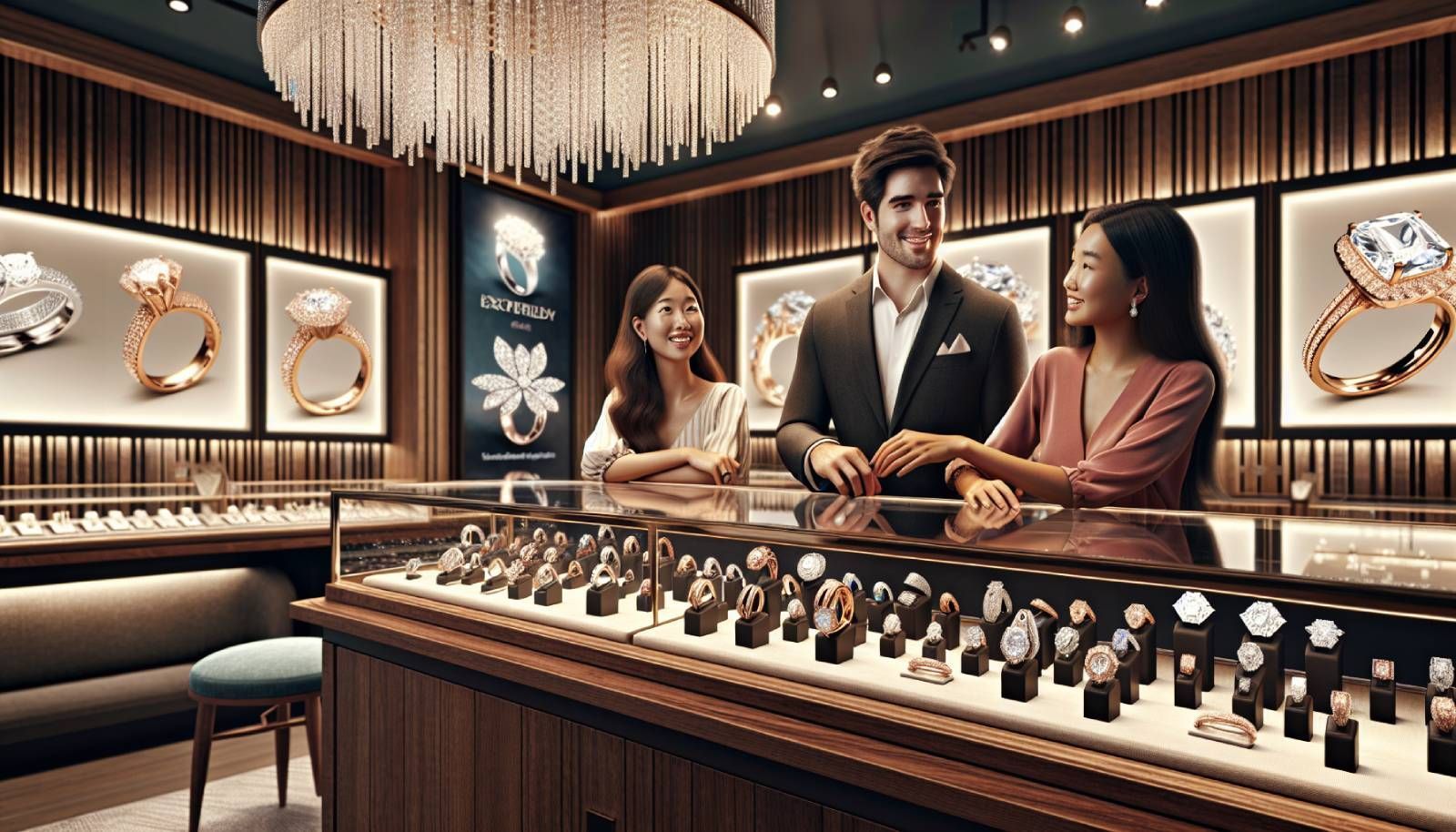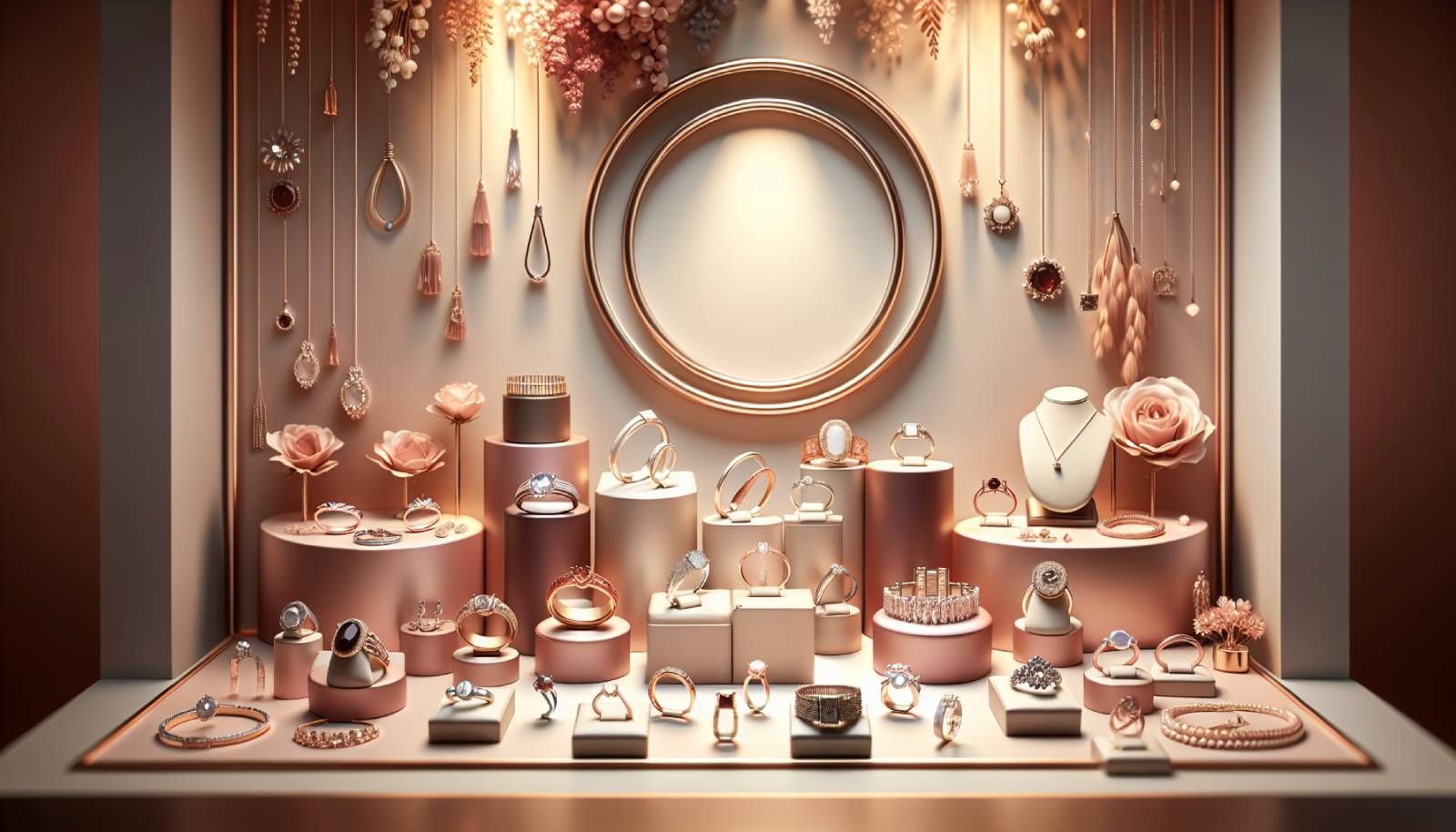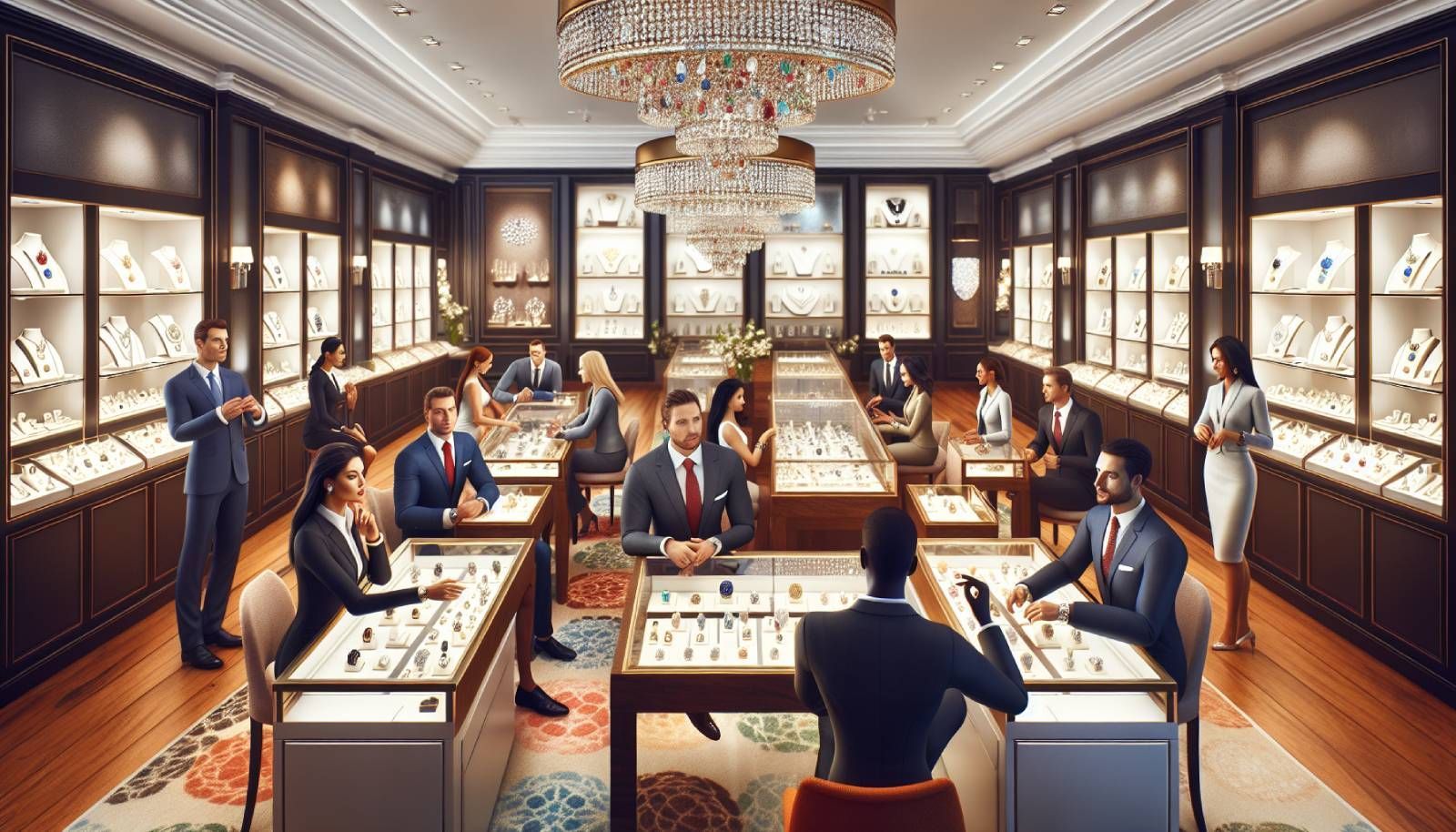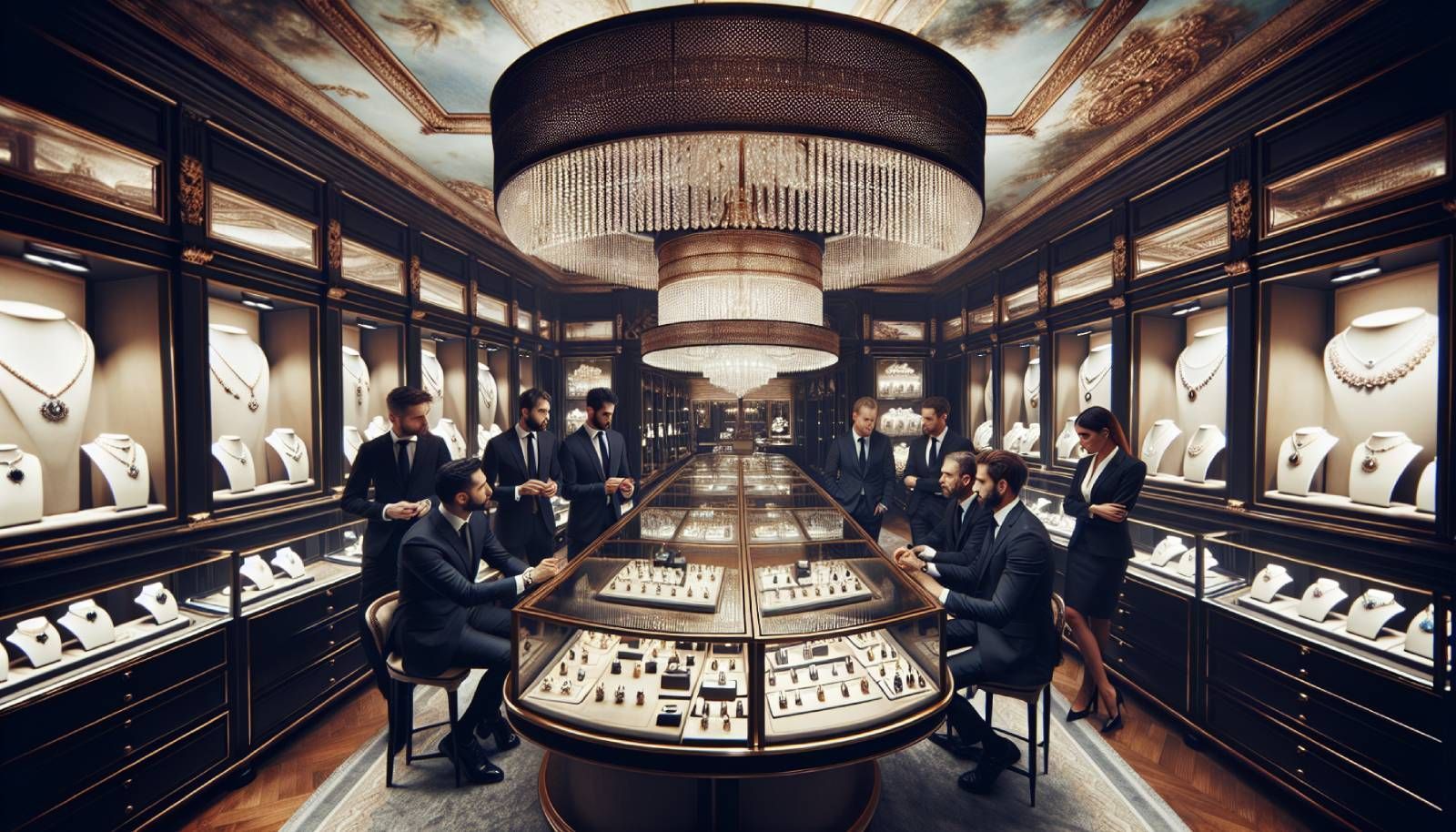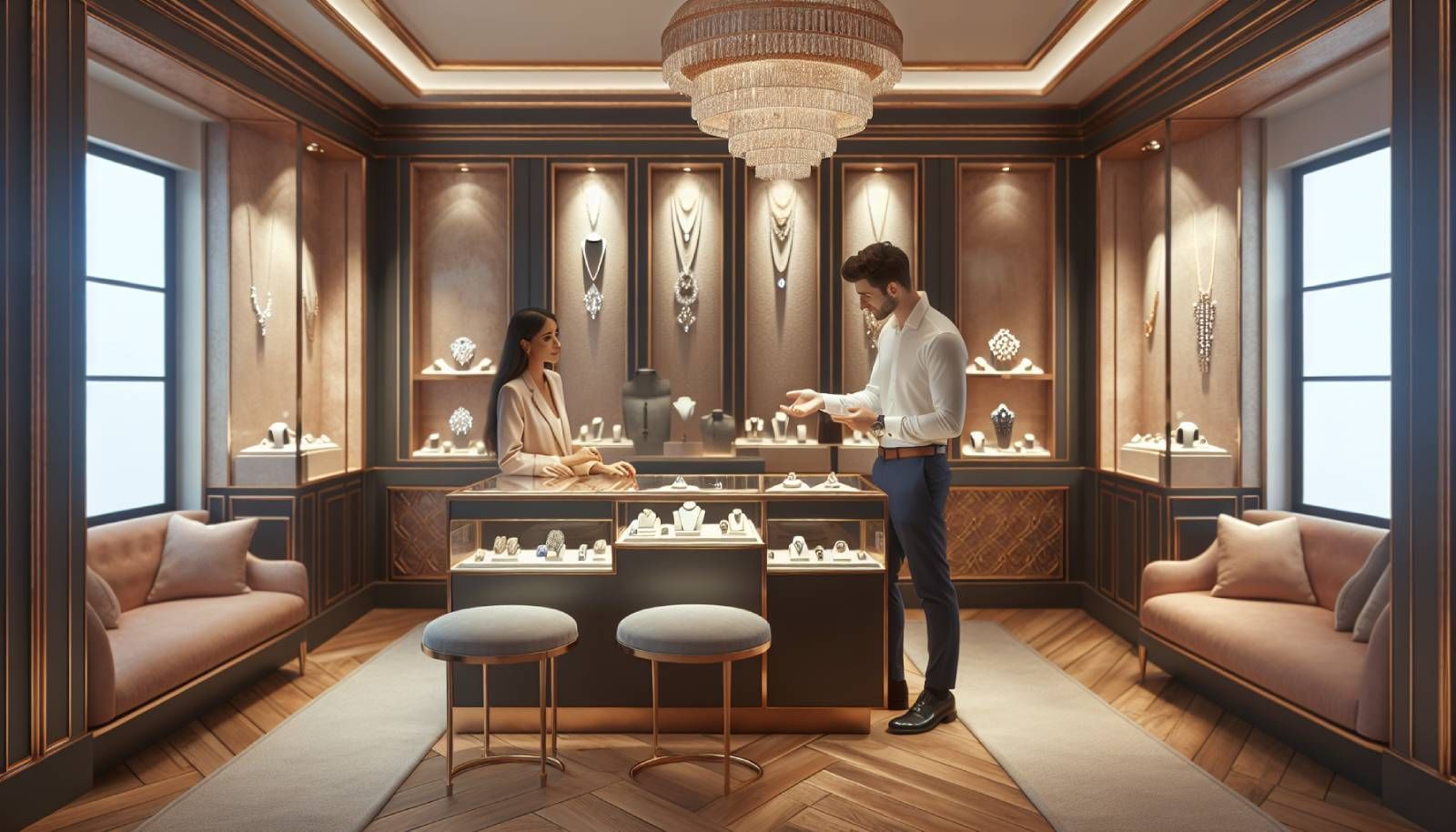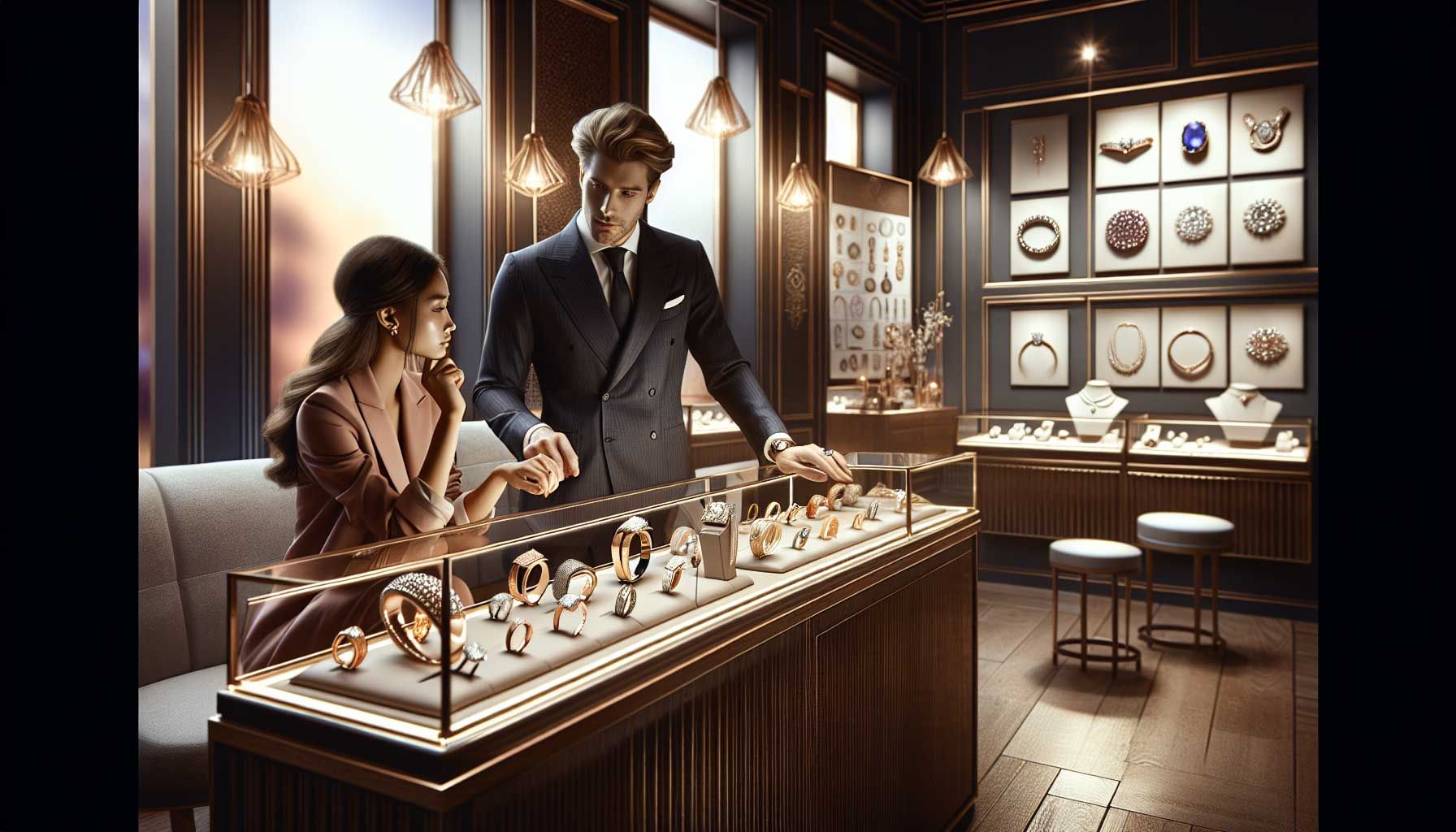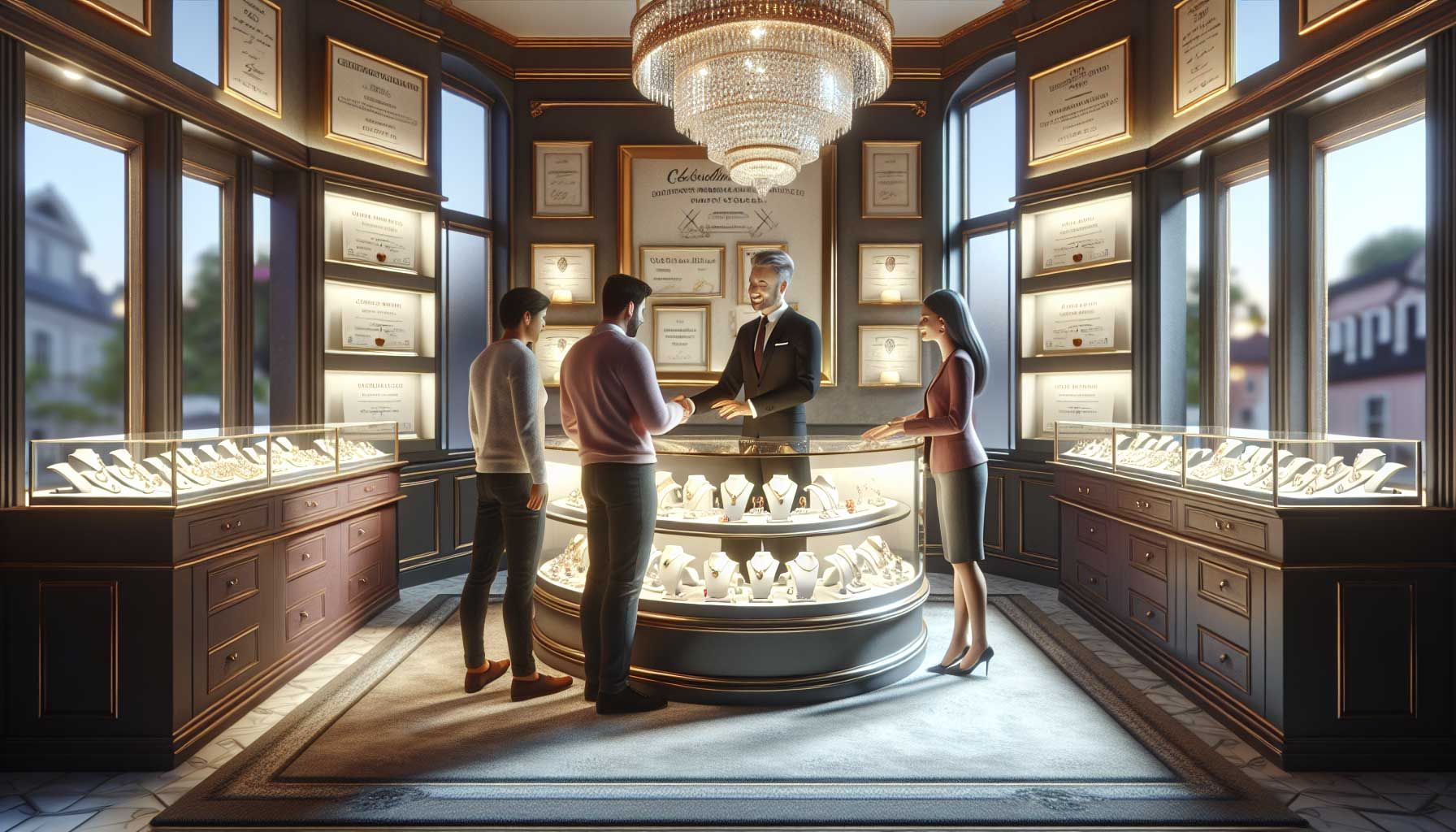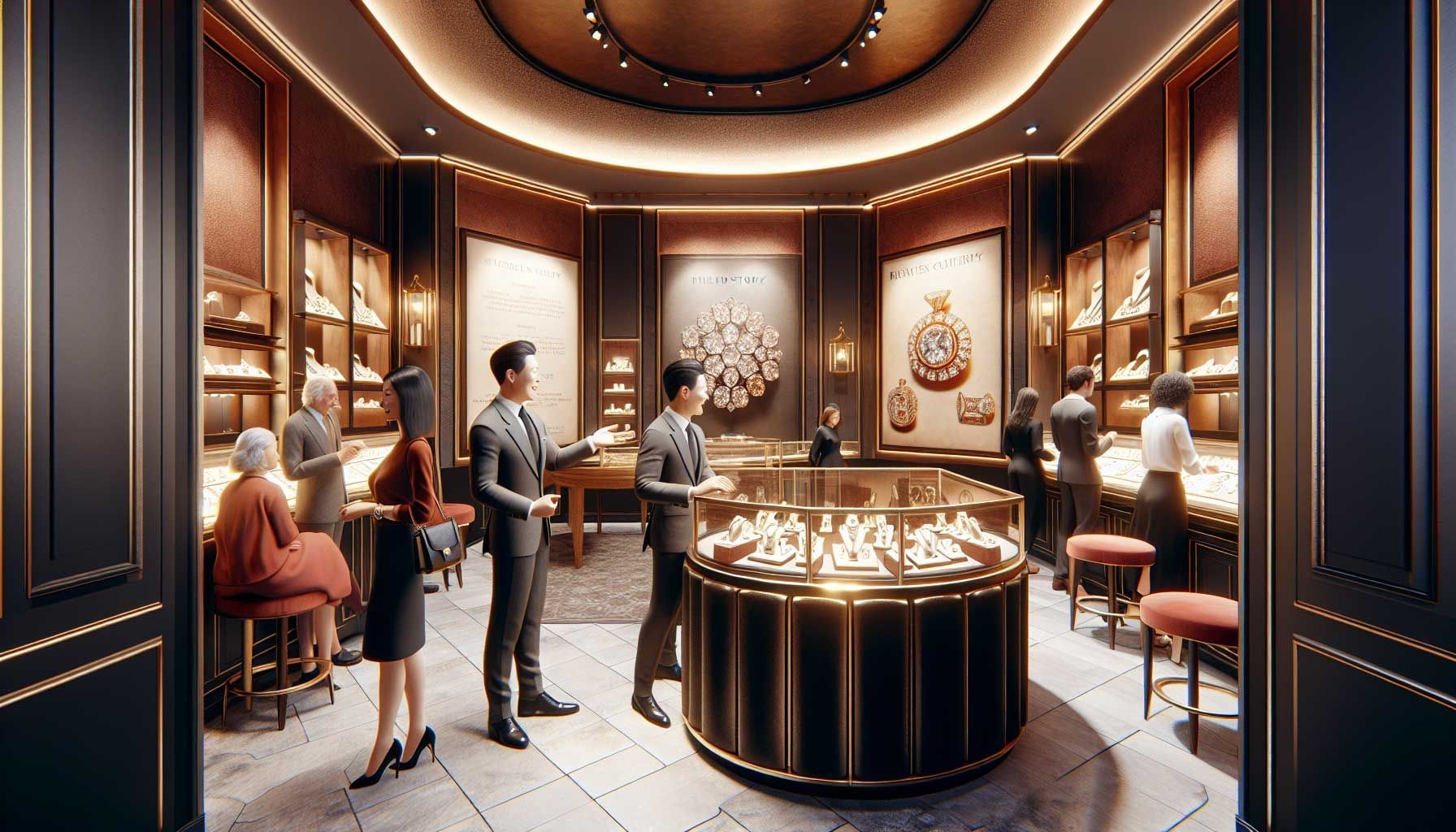Professional Sales Conversation: Tips for Jewelers
How to keep a sales conversation professional and efficient
Introduction to a professional sales conversation
In the world of jewelry, conducting a professional sales conversation is essential. Customers expect not only excellent products but also a service that makes them feel valued. Strong communication skills can make the difference between a successful sale and a missed opportunity. This article provides practical tips for jewelers to keep their sales conversations both professional and efficient.
Preparing for your sales conversation
The key to a successful sales conversation often begins with good preparation. Before you meet a customer, it is important to dive into their needs and expectations. This can help you steer the conversation in directions that are valuable to the customer.
Define your objectives
When preparing for your sales conversation, it is crucial to have your objectives clear. Do you want to sell a specific collection? Or maybe present a particular customer service? Having clear objectives gives you focus and ensures you do not forget any important points.
Pro tip: Write down your objectives and repeat them to yourself before meeting the customer. This helps you organize your thoughts and radiate confidence.Know your product and customer
A deep understanding of both your product and your customer is indispensable. Make sure you know all the details about the jewelry you offer, such as materials, prices, and trends. But also insights into the style and preferences of your customer can make a world of difference in your conversation.
Pro tip: Use customer data and previous purchase history to provide more targeted advice. Showing this knowledge can make the customer feel that you are investing in their unique needs.Using communication skills
Effective communication is at the core of every successful sales conversation. The better you communicate, the greater the chance that you can convince the customer to make a purchase.
Listening and probing
A professional who cannot listen cannot sell. Actively listening and probing are crucial. This helps not only to better understand the customer's needs but also shows interest in what they have to say.
Pro tip: Regularly reflect on what the customer says by rephrasing their words. This confirms that you understand and appreciate their messages.Asking questions
Asking the right questions is just as important as listening. This helps get the conversation started and can yield valuable insights. Ask not only about preferences but also practical matters such as budget and occasion.
Pro tip: Use open questions that start with 'what', 'how', or 'why'. This encourages customers to give more detailed answers.Ensuring customer satisfaction
Creating a positive customer experience plays a significant role in how professional the sales conversation proceeds. Customers want to feel heard and valued.
Personalize your approach
Every customer is unique, and personalizing your approach can make a big difference. This can mean using their name, responding to their preferences, and taking their concerns seriously.
Pro tip: Keep notes of previous conversations with customers, so you can remember their preferences and comments and respond to them in future conversations.Building trust
Trust is an important factor in retail. Customers want to work with someone they can trust. This means being honest and open about your products and services.
Pro tip: Share customer reviews or testimonials as proof of the quality of your products; this can directly contribute to building trust.The closing phase
The closing phase is often the most exciting moment of a sales conversation. Here, you need to convert the trust you have built into an actual sale.
Emphasizing unique selling points
An important aspect of the closing phase is to highlight the unique features of your product. What makes your jewelry different from that of your competitors? This helps the customer make an informed decision.
Pro tip: Use comparisons. Show customers how your products compare to others on the market, especially if you offer unique features.Ask for the sale
Sometimes, simply asking the question “Would you like to buy this piece?” is enough to close the sale. It’s a more direct approach that can be effective, as long as you do it in an enthusiastic and confident manner.
Pro tip: Try asking a hypothetical question, such as “If I offered you this ring now, would you be excited?” This shifts the pressure and makes the customer more open to purchasing.After the sale: maintaining customer relationships
A professional sales conversation does not end with the sale. They remain important for building a lasting relationship with your customers.
Follow up after the sale
After the sale is completed, it is wise to reach out for follow-up contact. Ask if the customer is satisfied with their purchase and if they have any further questions. This shows that you care about them, even after the transaction is completed.
Pro tip: Send a handwritten thank-you note. This adds a personal touch to the experience and sets you apart from the competition.Gather customer feedback
Customer feedback is invaluable. This helps you not only improve your service but can also provide valuable insights into what works well and what doesn’t. Ask for customer reviews or use surveys to collect feedback.
Pro tip: Ensure that you make adjustments based on feedback and actively communicate these improvements to your customers. This reinforces their trust in you and your business.Conclusion
Conducting a professional and efficient sales conversation is an art that you can master through the right preparation, strong communication skills, and excellent customer service. By applying these tips and techniques, every jeweler can elevate their sales conversations and better serve their customers.

Take your store to the next level
Start automating and digitizing your store processes today. PrismaNote helps retailers with this. Discover what we can do for you via the menu above.
- George


